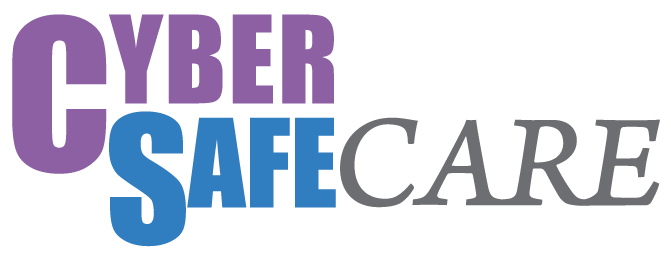For Educators 
The Our Respect Education programs focus on bullying and harassment prevention, healthy youth dating relationships, and child abuse and neglect prevention (Canadian Red Cross).
Office of the Privacy Commissioner
Lesson plans on privacy for the classroom; external educational resources and information; and its graphic novel, Social Smarts: Privacy, the Internet and You (Government of Canada).
For Educators – What is Bullying
Section for educators that defines bullying and cyberbullying; its legal consequences; and what to do when a bullying or cyberbullying incident occurs (PREVNet).
Cyberbullying Resources
Various resources and lesson plans on cyberbullying for educators (Media Smarts).
Cyberbullying
Information for Canadian educators on cyberbullying. (Canadian Teachers’ Federation)
Cyberbullying Resources
Various resources on cyberbullying, including links for youth (Canadian Teachers’ Federation)
Cyberbullying Resources – Education Modules Addressing Sexual Exploitation, Technology and Bullying
Education modules related to cyberbullying. (Kids In the Know)
Tech-Facilitated Violence - Criminal Case Law
A module designed to address how criminal law can respond to technologically-facilitated violence (The eQuality Project).
Technology Facilitated Violence: Criminal Case Law Lesson Plan
The lesson plan explores the relationship between technology and the law, and is for use with students in grades 11 and 12 (The eQuality Project/Media Smarts)
Helping LGBTQ Students Feel Safe
Advice and tips for educators on ways they can reduce victimization of LGBTQ students, with a downloadable tip sheet and the Every Class in Every School report (PREVNet).
Bullying Prevention: Facts & Tools for Schools
The resource for educators and school administrators was developed with the guidance of the Ontario Ministry of Education, but can be adapted for classrooms across Canada (PREVNet)
Tip Sheets
Classroom activities on the topic of cyberbullying (PREVNet).
LGBTQ Fact Sheet – Stand Up! LGBTQ Teacher’s Guide
The resource is a teacher’s guide on bullying of LGBTQ students (PREVNet).
For Coaches
Cyberbullying Hockey Canada
Resources for coaches, administrators, parents, and players, including the Hockey Canada Cyberbullying Administration Manual.
Policies and PEI Schools
Digital Citizenship and Technology in Schools 
The Digital Citizenship and Technology in Schools policy outlines regulations about the use of communication and technology within the Public Schools Branch's 56 schools by its students, employees, and any other user defined by the policy (Public Schools Branch).
Safe and Caring Learning Environments Policy
The Safe and Caring Learning Environments Operational Policy sets out the expectations for creating and maintaining a safe, caring, respectful and inclusive climate for learning and working, while promoting a shared responsibility of the school community to create and maintain a positive school climate, which includes addressing cyberbullying (Public Schools Branch).
Safe and Caring Learning Environments Operational Procedure
The Safe and Caring Learning Environments Operational Procedure outlining the procedures that take place regarding a variety of incidents, including cyberbullying (Public Schools Branch)
Safe and Caring Learning Environments Incident Response Guide
The Safe and Caring Learning Environments Response Guide outlines steps to be taken in responding to incidents outlined in the policy and operational procedure, including cyberbullying (Public Schools Branch).
List of Prince Edward Island Schools/websites
Prince Edward Island’s Public Schools Branch in its Safe and Learning Environments Policy tasked each of its schools to have in place a Code of Conduct. To see if your school has its own Code of Conduct, visit their website or contact your school. The listing also includes the schools of the French Language School Board (PEI Department of Education and Lifelong Learning).
Public Schools Branch
The Public Schools Branch encompasses the 56 English-language schools in the province, and the more than 14,000 students who attend those schools.
La Commission scolaire de langue francaise (French Language School Board)
La Commission scolaire de langue francaise is an Acadian and Francophone collective that offers French-language education to students with the focus on promoting and developing its language and culture.
Student Well-Being Teams
Student well-being teams work in PEI schools advising, consulting, and provide service to children and youth struggling with mental, social, and physical health issues (Department of Education and Lifelong Learning)
